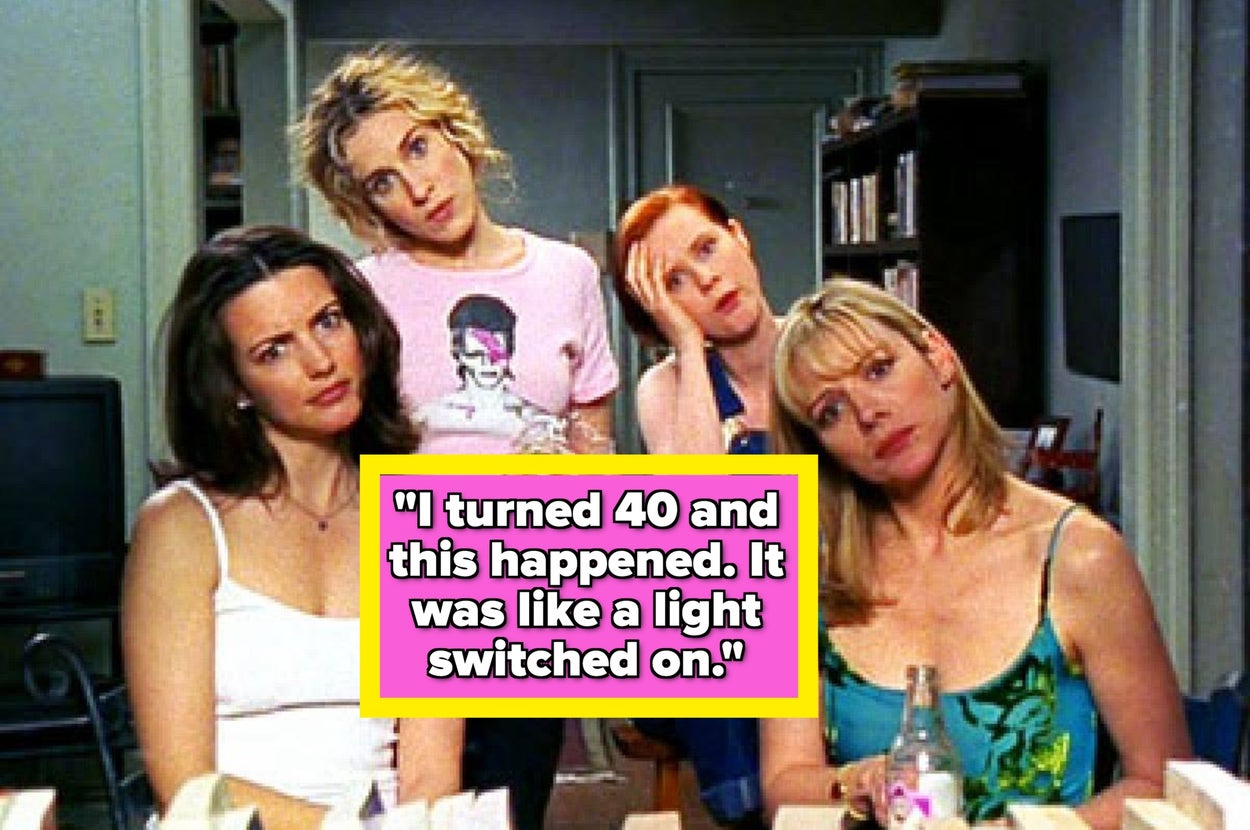Did you know with an ad-lite subscription to NorthernIrelandWorld, you get 70% fewer ads while viewing the news that matters to you. It is harder than ever to get on the property ladder, with house prices having consistently outpaced wage increases. The average house price in the UK now stands at £268,000 - more than seven times the average salary of £37,430 - and soaring rents and sky-high energy bills don’t help either.
Advertisement Advertisement But there are some things you can do to help you buy your first home as quickly as possible. Here are a few tips to help you get on the property ladder. This is obviously easier said than done but before you start trying to save for a deposit to buy a house you need to think about paying off any outstanding debts.

You’ll almost certainly be paying more in interest on those debts than you’d be getting in any savings account. It’s worth looking at your monthly budget and considering what savings you could make, from taking your own lunch to work to cancelling that gym membership. Advertisement Advertisement Shared ownership is where you buy a share of the property and pay rent to a landlord on the rest.
You can buy a share of between 10 per cent and 75 per cent of the market value and pay rent on the remainder. You’ll still need to pay a deposit on the share you buy, but obviously this will be lower than if you were buying the property outright. Shared ownership homes are offered by housing associations, local councils and other organisations.
Advertisement Advertisement First-time buyers could get a home for 30 to 50 per cent less than its market value through the First Homes scheme , though it’s only available in England. Your income, or joint income if you’re buying together, must be no more than £80,000 a year (£90,000 in London), and you must be able to get a mortgage for at least half the price of the home. Unlike with shared ownership, there’s no rent to pay, though you’ll obviously still have to pay the mortgage.
When it comes to selling, you can usually only do so to someone else who is eligible for the scheme and you must give them the same percentage discount you got, based on the market value at the time of sale. Advertisement Advertisement Some councils prioritise giving First Homes discounts to key workers, like teachers and health and social care employees, or to those who already live in the area. House prices across the UK vary enormously but even within a few miles the difference can be huge.
Obviously jobs, family and other factors mean it’s not practical for most people to move halfway across the country but could you move a little further afield? It’s important to consider what really matters to you. Could you live 10 minutes further from a station, for example, as this can drastically reduce property prices, and cycle and walk a bit further each day? Advertisement Advertisement If you’re not in a relationship, buying with a friend could be a smart step to get on the property ladder sooner. Obviously you want to make sure it’s someone you really get on with and can trust.
It’s also important to write up an agreement and get good legal advice, as this will avoid issues when it comes to paying bills or selling the property. But this can be a great way to get on the property ladder and stop paying rent sooner than would otherwise be possible. Another way to stop paying rent and save up for a deposit is to move back in with your mum and dad, if they’ll have you.
Advertisement Advertisement It might not be ideal for everyone but it will allow you to save up much quicker and you can agree to contribute to household costs and even pay a small amount of rent to your parents. Your parents might like having you back for a little while, and if not you can always play the guilt card and tell them how much easier they had it when it came to buying their first home. It’s worth seeking advice about what exactly you can afford, and some mortgage brokers may be able to get deals you can’t find on the general market.
It’s also worth ensuring you have all the paperwork ready, including copies of your ID, utility bills and bank statements, so that when you do find your dream home you can strike quickly and don’t risk letting it slip through your fingers. Advertisement Advertisement It’s important to remember that most mortgage lenders will expect you to have been with the same employer for at least six months, to ensure your income is secure, so if you’re thinking of moving jobs it’s worth doing so well before you’re looking to make an offer, or leaving it until after you’ve moved. You can also get a copy of your credit report, which lenders will see when reviewing your application.
That way you’ll know if you need to improve your credit score, which you can do, for example, by clearing debt, reining in spending, and paying your bills on time. It’s also important to check the details on your credit report are correct, as this could affect your rating. How did you save for your first home? We’d love to hear your inspiring stories about getting on the property ladder.
Email [email protected] . if you’d like to share your story. National World encourages reader discussion on our stories.
User feedback, insights and back-and-forth exchanges add a rich layer of context to reporting. Please review our Community Guidelines before commenting. Did you know with an ad-lite subscription to NorthernIrelandWorld, you get 70% fewer ads while viewing the news that matters to you.
.
Food

How to get on the property ladder faster - 7 essential things you need to do to buy your first house

There are schemes which could help you buy your first home sooner















